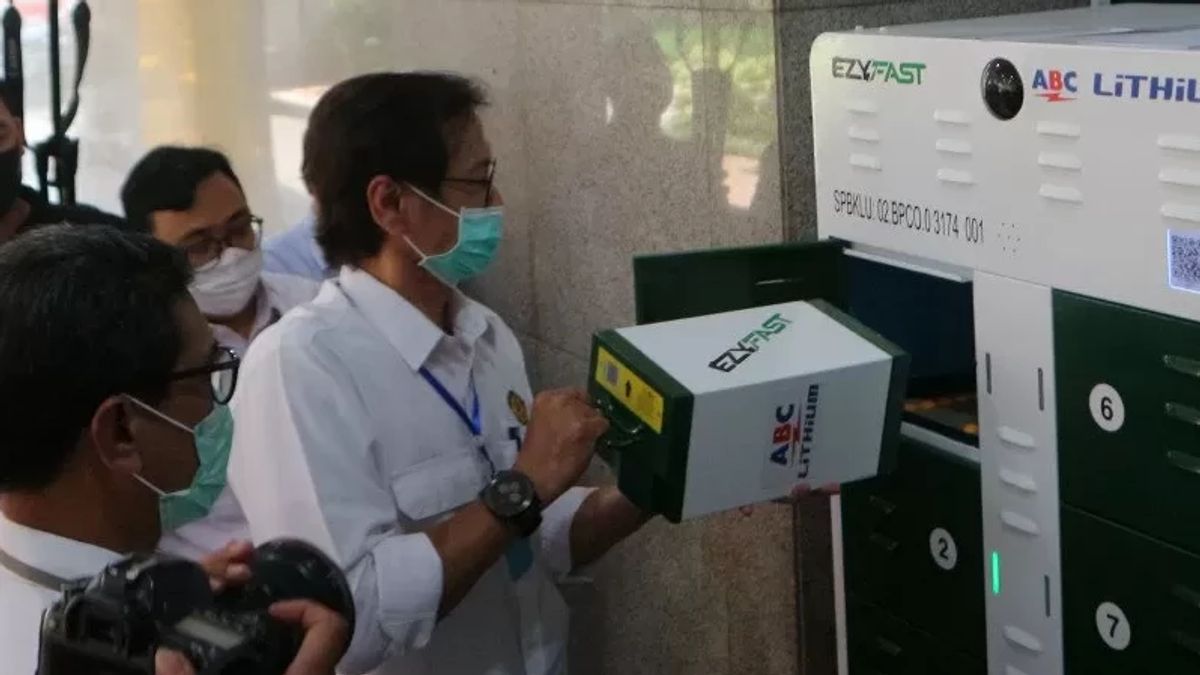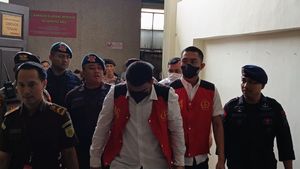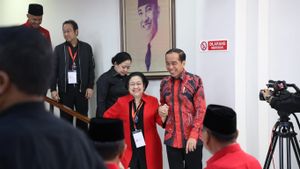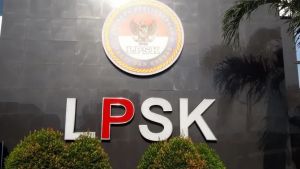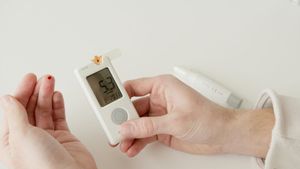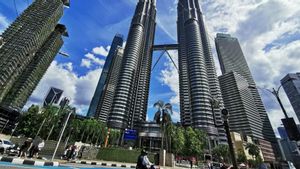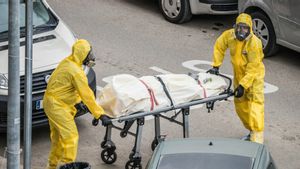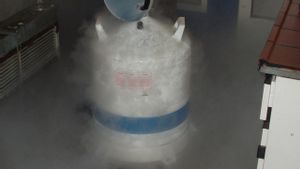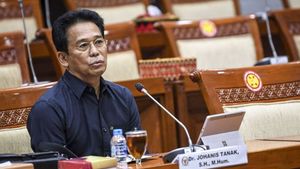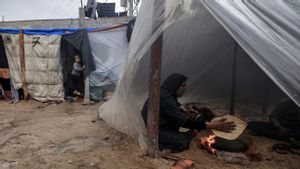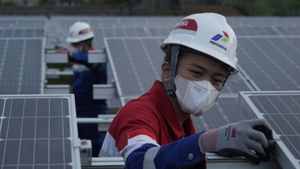JAKARTA - The Ministry of Environment and Forestry (KLHK) revealed that the handling of unused electric vehicle batteries is the same as taking action against hazardous and toxic waste (B3).
According to him, education needs to be done so that the battery waste of electric vehicles does not mix with various other wastes that still have economic value and can be used longer. "So it needs education, need facility preparation, and it takes a lot of technology techniques or methodologies that we really use to reduce, reuse, and recycle," said Laksmi.
SEE ALSO:
Furthermore, he said that the handling of waste in general adheres to the 3R principle, namely reduce or reduce, reuse or reuse, recycle or recycle.
Laksmi appreciates the electric vehicle battery exchange policy because it can reduce battery waste generated by the electric vehicle owner. KLHK encourages the management of electric vehicle battery waste to be carried out through a circular economic approach so as not to endanger the environment and provide added economic value. The battery waste, he continued, was reprocessed to become the raw material for making new batteries.
The English, Chinese, Japanese, Arabic, and French versions are automatically generated by the AI. So there may still be inaccuracies in translating, please always see Indonesian as our main language. (system supported by DigitalSiber.id)
